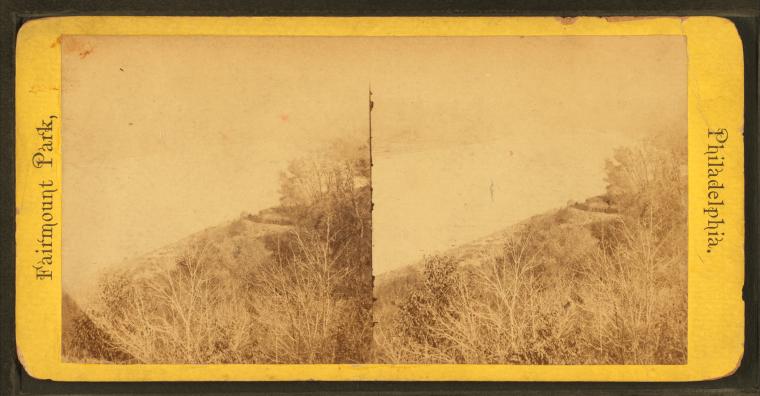Online Public Event Wednesday, 9 December 2020 14:00 - 16:00 Central European Time
As part of the “Doing Environmental Humanities in a Digital World” PhD course, organized by NoRS-EH and the Greenhouse, Associate Professor Bethany Wiggin (University of Pennsylvania) will give a public keynote talk titled “Learning with Forgotten Places.”
The keynote takes place in Zoom and is free and open for anyone. Registration is required; please use the following link to register: https://stavanger.zoom.us/meeting/register/u50qdeurrjMuGdyq29DWtAsxtrnz2vOpMWG0
The tidal Schuylkill River in Philadelphia presents a waterscape at once singular and uniquely local; it exemplifies the many contemporary global places that ecologists call a “patchy environment” or a “novel ecosystem.” Heavy with centuries of legacy pollutants from coal, gas, and oil refining, the river water presents a liquid archive with few finding aids, catalogues, or guides. We have neglected to record or remember what and who has been put there. Propelled by a fundamental paradox (if “wisdom sits in places” (Basso), how do we know “forgotten places” (Gilmore?), this lecture considers a series of collaborative learning experiments undertaken to apprehend this “forgotten place” of “Black ecologies.” Experiments undertaken in the contact zone of environmental humanities (EH) permit reflections on the affordances of EH and suggest its critical purchase lies in the ability to do concept work knitting together diverse knowledge communities whose expertise spans disciplines and undisciplines, academic knowledge and lived experience. In dialogue with work in the blue humanities and the history of the radical Black Atlantic, we borrow the figure of hydrarchy to present a series of learning practices that articulate key EH concepts in and with this place. Its historic wetlands—creeks, marshes, and meadows–are almost gone and forgotten; simultaneously local climate impacts—including sea level rise, storm surge, and heavier and more frequent rains—are bringing water back to reclaimed land. These insurgent learning practices for both the digital and physical worlds aim to make good on EH’s transformational premise and promise to envision and foster inclusive futures.
Bethany Wiggin is the Founding Director of the Penn Program in Environmental Humanities, an Associate Professor of German, and the Co-President of the Association for the Study of Literature and the Environment. Her scholarship explores histories of migration, language and cultural translation since the Columbian exchange across the north Atlantic world. Collaborative digital and physical projects aim beyond the academy and have been supported by the National Geographic, Whiting, and Andrew W. Mellon Foundations; they include: An Ecotopian Toolkit for the Anthropocene, Data Refuge, Futures Beyond Refining, and Climate Sensing and Data Storytelling. She has offered testimony about project findings to the City Council of Philadelphia and the U.S. Congress.
Image: “Schuylkill River,” 1858 – 1900, Public Domain image from New York Public Library.
